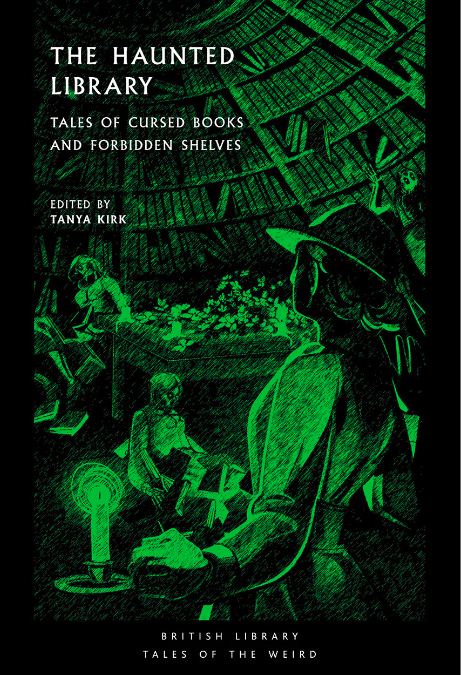8 SUNDAY within the Octave, and 1st after Epiphany, semidouble, second prayer of the Octave. White. Vespers of the Sunday, commemoration of the
Octave. [In Diocese of Hexham and Newcastle, Plenary Indulgence.]
9 Monday Of the Octave, semidouble, second prayers of the
BVM, third prayers for the Church or the Pope. White.
10 Tuesday Of the Octave, semidouble, second prayers of
the BVM, third prayers for the Church or the Pope. White.
11 Wednesday Of the Octave, semidouble, second prayer of
St Hyginus, PM, third prayers of the BVM. White.
12 Thursday Of the Octave, semidouble, second prayers of
the BVM, third prayers for the Church or the Pope. White.
13 Friday Octave of the Epiphany, double. White.
Abstinence.
14 Saturday St Hilary, Bishop Confessor Doctor, double,
second prayer of St Felix, Martyr. Creed. White.
The parish of St Mary’s Derby is served by a Missionary
Rector, the Very Rev Canon Joseph Daniel, with two curates, the Revv C Stroobant
and Arthur McKenna. Mass on Sundays is
at 8.00, 9.30, and 11.00 Vespers are at
3.00 and there is an evening service at 6.30.
On Holydays, Mass is at 5.15, 8.00 and 11.00, with an evening service at
8.00. Weekday Mass is at 8.00.
Fasting and Abstinence in 1865
Fasting Days, on which flesh-meat is forbidden, and only
one meal allowed:
The Forty Days of Lent; the Ember Days; the Vigils of
Whit-Sunday, SS. Peter and Paul, the Assumption, All Saints, and Christmas; and
the Wednesdays and Fridays in Advent.
Abstinence Days, on which flesh-meat is forbidden:
The Sundays in Lent, unless leave be given to the contrary,
and all Fridays, except the Friday on which Christmas-Day may fall.
Lenten Dispensations:
The following are the usual Dispensations for Lent
granted each year by the Bishops of England for their respective Dioceses, by
the Authority of the Holy See.
1. Flesh-meat
is allowed at the single meal of those who are bound to fast, and at the
discretion of those who are not so bound, on all days except Mondays,
Wednesdays, and Fridays, and Ember-Saturday, and the four last days in
Holy-Week. On Sundays, even those who are bound to fast may eat flesh-meat at
their discretion.
2. Eggs
are allowed at the single meal of those who are bound to fast, and at the
discretion of those who are not so bound, on all days except Ash-Wednesday and
the three last days of Holy-Week.
3. Cheese,
under the same restrictions, is allowed on all days, except Ash-Wednesday and
Good-Friday.
4. The
use of dripping and lard is permitted at dinner and collation on all days,
except Good-Friday.
On those days, Sundays included, whereon flesh-meat is
allowed, fish is not permitted at the same meal.
These are the rules in place until modern times. The only major change was that from 1917, the obligation of abstinence was removed on days of precept which fell on Fridays. Minor changes included better regulation of the use of butter and the definition of suet as only allowable when meat was allowed.
Fasting meant only one meal: a modest meal according to one's station in life, and which should be completed in less than an hour. Separate from this meal, two collations could also be taken, though together they should not be as large as the single meal.
The Lenten dispensations date from the time of the Vicars Apostolic and temper what, looked at from 2017, is a tough discipline, though I think if we still followed it I would feel able to look Muslim colleagues in the eye during Ramadan and say "yes, we fast too".















































No comments:
Post a Comment